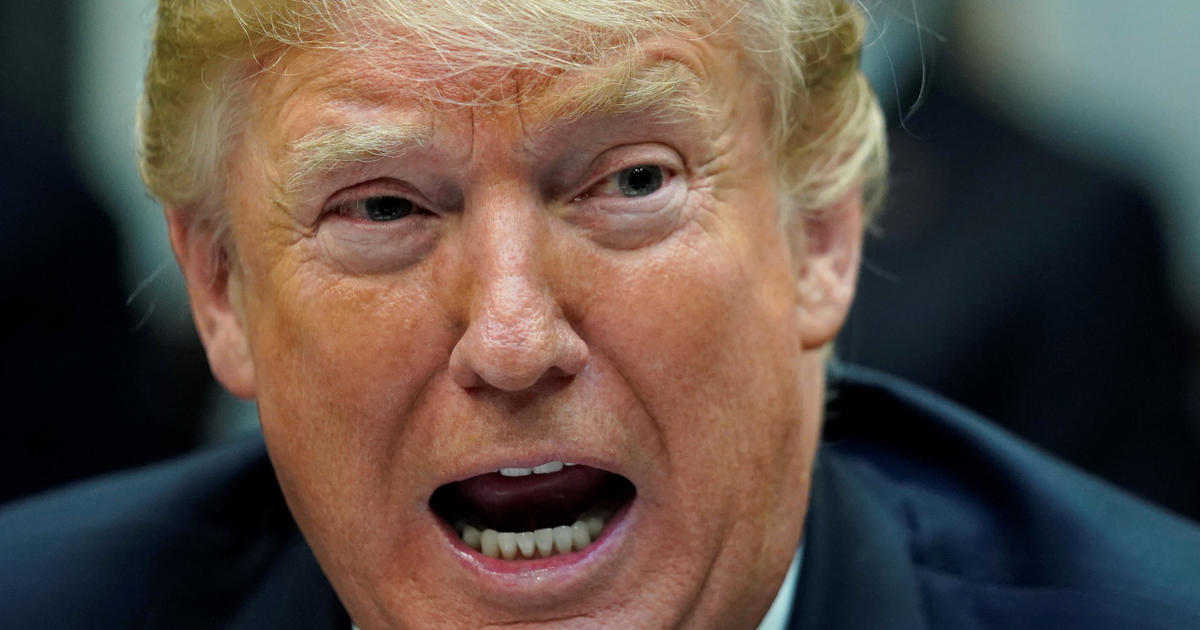
Americans may soon feel the impact of President Donald Trump’s escalating trade war, which could blunt economic growth and boost prices of everyday goods.
Economists, corporate leaders and business experts are sounding the alarm, warning that the global economy may slow in coming months with a noticeable hit expected in 2019.
Mr. Trump’s latest round of tariffs on $200 billion of Chinese goods may be passed onto consumers. That’s because buyers like retailers and manufacturers are on the hook for paying tariffs, not the country of origin for the imports. Walmart is warning the newest tariffs could prompt it to raise prices on products from shampoo to bicycles to food.
At the same time, the Federal Reserve is expected to raise interest rates twice more this year as it puts the brakes on lending and a booming housing market. That will make consumer loans and mortgages more expensive, while the stimulus from the GOP’s 2017 tax cuts could start to wane.
“Protectionist U.S. trade policies have now reached the point where they are materially affecting what remains a strong global growth outlook,” Fitch Ratings economists said in a statement this week.
Fitch cut cut its outlook for global GDP, a measure of economic health, by 0.1 percentage points to 3.1 percent in 2019. They follow a similar cut in outlook from Moody’s Investor Service last month, which cited the trade war with China.
Because consumer spending accounts for about 70 percent of U.S. economic activity, higher prices at the checkout counter are expected to hurt growth. And slower growth may temper stock markets that hit new highs in recent weeks, economists said.
“On the consumer front, despite strong fundamentals, fading stimulus from the tax cuts, higher inflation and rising interest rates will limit the upside,” wrote Oxford Economics’ Jake McRobie in a recent note. “As for businesses, slower global growth and reduced benefits from the tax package will also reduce the impetus for growth.”
Trade war on a “knife edge”
Mr. Trump is considering an even larger round of tariffs on Chinese goods by taxing the remaining $267 billion in imports that aren’t subject to higher duties already. At the same time, the administration is mulling tariffs on all foreign autos and auto parts while simultaneously working on new terms for NAFTA, the North American Free Trade Agreement.
All of the countries subject to Trump’s tariffs so far have imposed counter tariffs, targeting U.S. exports into their markets.
“The trade war is balancing on a knife edge,” wrote UBS economist Robert Martin in a recent note. Neither the U.S. or China seems “especially eager” to take a path that would de-escalate matters, he added.
“If that path is eschewed, we see a multi-lane expressway to further escalation and substantive negative economic effects to both countries,” he wrote.
Walmart, GM and Alibaba
Another signal things may slow: companies are considering holding off on planned investments.
Walmart earlier this month said it may temper investments in U.S. job growth and raise prices for consumers. General Motors warned this summer the potential auto tariffs would lead to “a smaller GM” and fewer jobs. And just this week, Jack Ma, the co-founder and chairman of Alibaba, said the Chinese e-commerce giant will no longer commit to creating 1 million jobs in the U.S., blaming the deepening trade war.
“In January 2013, Walmart furthered its commitment to American economic renewal by announcing a 10-year commitment to purchase an additional $250 billion in products that support American jobs,” Sarah F. Thorn, a senior director for global government affairs at Walmart, wrote in a Sept. 6 letter to the U.S. Trade Representative opposing the latest round of tariffs on Chinese goods.
She added, “We are proud that this effort is already having a tangible impact in communities across America. Unfortunately, the proposed tariffs have the potential to undermine these re-shoring initiatives.”
Net foreign direct investment in the U.S. — or total investments through acquisitions and direct stakes in real estate like production facilities and research centers — has slid every quarter since Mr. Trump was elected in 2016, Adam Posen, president of the Peterson International Institute, noted recently in the publication Foreign Affairs.
Corporate opposition
Mr. Trump and U.S. trade officials argue that China forces American companies to effectively hand over intellectual property, such as patents, in exchange for doing business in China. He’s punishing China under a part of a 1974 trade law, commonly known as Section 301, that allows for tariffs.
Yet most U.S. companies oppose hiking tariffs, saying a trade war risks stifling global growth and resulting in the loss of American jobs. U.S. companies have long complained China can make it difficult for them to access its massive market and sometimes doesn’t play fair under global trade rules. But most don’t support tariffs as a way to prompt better behavior from Beijing.

